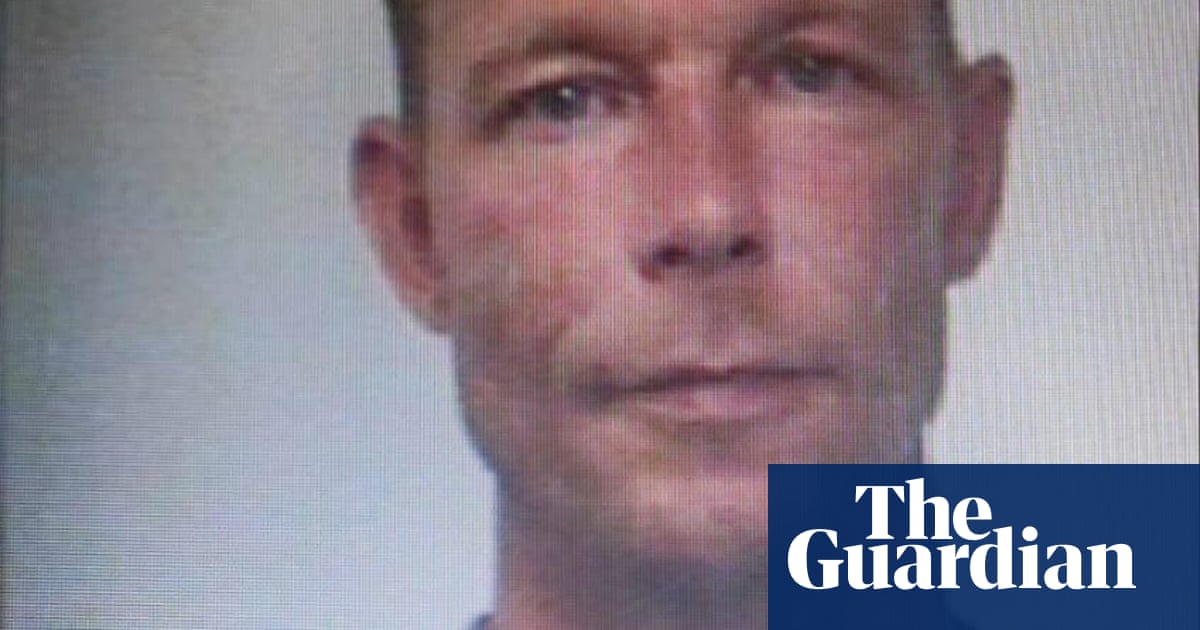
The main suspect in the disappearance of the British toddler Madeleine McCann is likely to be released from prison next year after he was found not guilty of all charges in a separate rape and sexual abuse trial.
Christian Brückner, who is serving a seven-year sentence for rape, was acquitted by the district court in Braunschweig, northern Germany, of three separate charges of aggravated rape and two of sexual abuse of children in Portugal between 2000 and 2017.
He is due for release by September 2025 at the latest, after which he would be free to leave Germany.
The verdict could prove crucial to further investigations in the case of Madeleine. Prosecutors in Braunschweig have said they will immediately appeal, including calling for a retrial, having repeatedly claimed judges in the case were biased.
A convicted rapist and paedophile, Brückner was formally named in June 2020 as the main suspect in the disappearance 17 years ago of Madeleine from the resort of Praia da Luz on the Algarve, where she was on holiday with her family. No charges have been brought and he denies any involvement.
Braunschweig’s chief prosecutor, Hans Christian Wolters, has repeatedly stated investigators’ belief in Brückner’s responsibility and said the investigation, in which he is under suspicion of murder, continues. Prosecutors have cited “concrete evidence” but are yet to state what that is.
Brückner’s connection to the McCann investigation was touched on repeatedly throughout the trial, which concluded on Tuesday. His lawyer, Friedrich Fülscher, said the McCann case had “hung like a fog” over the trial.
Brückner, who showed no emotion as the verdict was announced, was acquitted by three professional judges and two lay judges. The main judge, Uta Engemann, delivered a lengthy statement explaining the decision to acquit that criticised German prosecutors for naming him in connection to the McCann case. “We as judges have sworn an oath, and it is to serve the truth only. We take this very seriously, but we cannot wrap people in cotton wool,” she said.
“This oath means that we do not cater to the views of the media, the defence and the prosecution, or to the tables of regular pub-goers.”
She said that “everyone” had heard about Brückner in connection with the McCann case and the labelling of Brückner, “as a sex monster and a pervert”, amounted to “massive third-party suggestions” which had influenced witnesses and resulted in testimonies to the court being “almost worthless for the legal chamber”.
The verdict is seen as a slap in the face for prosecutors, who had argued for the German national to be handed a 15-year sentence. His sentence for the rape of 72-year-old US tourist in 2005 in Praia da Luz runs until September 2025, but Fülscher has said he expected his client could be free as soon as the spring.
Wolters, the chief prosecutor, and investigators in the McCann case now faced a race against time if they were to make a charge. Speaking after the verdict Wolter told journalists: “We consider the judgment to be wrong in substance and will therefore appeal so that the federal court of justice is able to review the decision once more for legal errors.”
He said the court would have the power to order a retrial with different judges.
Wolters said the investigation into the McCann case was continuing, but neither a conclusion to that or a charge was currently foreseeable.
The court in Braunschweig heard that Brückner had been accused of raping Hazel Behan, an Irish administrator, in her Praia da Rocha apartment in 2004, and was also charged with the alleged rape of a teenage girl in his home in the same city and raping an elderly woman in her holiday apartment. He was also accused of exposing himself in front of a 10-year-old German girl on a beach and to an 11-year-old Portuguese girl at a playground.
An acquittal had been widely predicted after the court revoked the arrest warrant against Brückner in July at the defence’s request, citing unreliable witnesses and a lack of forensic evidence.
Expert witnesses had recommended that Brückner be held in preventive detention owing to the potential danger they believed he posed to the public.
Christian Riedemann, a leading psychiatric expert in the field of sexual abuse, told the trial last month that having examined a notebook in which Brückner had gathered a “hotchpotch” of drawings and notes of “instructions for the detailed abuse of children and women”, he deemed him to be “in the absolute top league of dangerousness ... it doesn’t get any higher than that.” He said the probability that Brückner would commit a crime again in the two years after the end of his sentence was “30 to 50%”.
In a trial that was often gruelling in its details, one witness who had accused Brückner of masturbating in front of them when a child was asked to mimic the action in front of the court, and broke down while doing so.
Hazel Behan, who waived her right to anonymity in order to give evidence, was asked by the defence to be deliberately positioned in her seat so that she was forced to face the alleged perpetrator. She faced excruciating questioning by the court over two days in May in which details of her own conduct were pored over.
Brückner passively followed the entire proceedings, sometimes cupping his face in his hand, occasionally taking notes, entering court every day in a pale blue crumpled jacket with elbow pads. He only spoke once on Monday, responding to the judge’s question as to whether he wanted to speak, to say quietly: “No, I would not like to.”
Brückner was linked to Madeleine McCann’s disappearance after he was found to have been a convicted child sexual abuser who had gone to live near Praia da Luz. He worked as a waiter and broke into holiday apartments at night. At the time of McCann’s disappearance on 3 May 2007 a mobile phone registered to him was connected to the resort’s radio mast.
Among the witnesses in the Braunschweig trial was a former prison mate of Brückner’s who told the court that he had confessed to him that he had once abducted a child in Portugal, telling him he had seen an “open window” and had “found a kid and took the child”.












